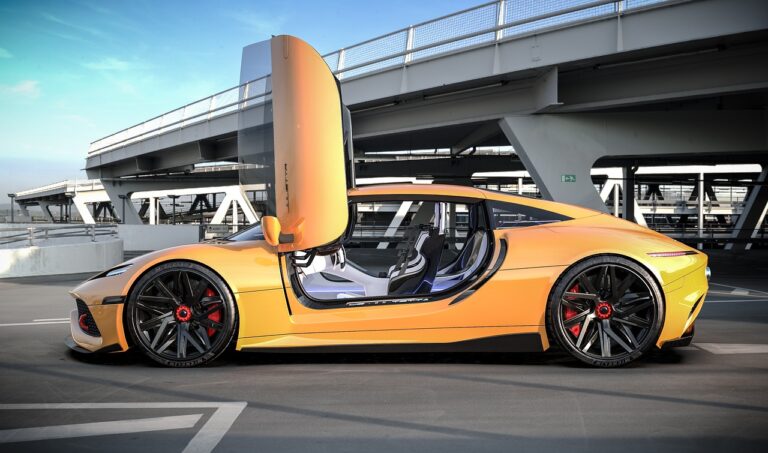How Car Companies Are Supporting the Transition to Connected Roads
In the fast-paced automotive industry, car companies have been relentlessly pouring resources into cutting-edge technologies. From autonomous driving features to advanced connectivity systems, the race to innovate and dominate the market is fierce. Investments in research and development have become a cornerstone for staying competitive in an ever-evolving landscape.
As consumer demands shift towards smart and connected vehicles, automakers are ramping up their investments to integrate the latest tech offerings seamlessly into their products. This push for innovation not only enhances the driving experience but also sets the stage for a future where cars will be fully connected to each other and their surroundings. The significant investments made by car companies underscore their commitment to staying at the forefront of technological advancements in the automotive sector.
Development of Connected Vehicle Systems
Connected vehicle systems are revolutionizing the way we interact with cars. From advanced driver assistance systems to infotainment features, these technologies are paving the way for a more seamless and intuitive driving experience. With the integration of sensors, cameras, and communication technologies, vehicles can now communicate with each other and with the surrounding infrastructure in real time, enhancing safety and efficiency on the roads.
Moreover, the development of connected vehicle systems is not only limited to in-car features but also extends to external factors such as traffic management and urban planning. By utilizing data collected from vehicles, city planners can gain valuable insights into traffic patterns, congestion hotspots, and infrastructure maintenance needs. This data-driven approach allows for more informed decision-making, leading to improved mobility and sustainability in urban areas.
How are car companies investing in technology for connected vehicle systems?
Car companies are investing heavily in research and development of connected vehicle systems, integrating advanced technologies such as AI, IoT, and 5G to enhance connectivity and safety features in vehicles.
What are the benefits of connected vehicle systems?
Connected vehicle systems offer various benefits, including improved road safety, real-time traffic updates, enhanced navigation services, remote diagnostics, and the ability to communicate with other vehicles and infrastructure.
How does the development of connected vehicle systems contribute to the future of transportation?
The development of connected vehicle systems is paving the way for the future of transportation by enabling autonomous driving capabilities, reducing traffic congestion, improving fuel efficiency, and creating a more seamless and efficient transportation network.
What challenges do car companies face in implementing connected vehicle systems?
Car companies face challenges such as ensuring data security and privacy, standardizing communication protocols, addressing regulatory concerns, and educating consumers about the benefits and risks of connected vehicle systems.
How can consumers benefit from connected vehicle systems?
Consumers can benefit from connected vehicle systems by enjoying a safer and more convenient driving experience, accessing personalized services and entertainment options, receiving real-time alerts and notifications, and reducing their environmental impact through optimized route planning.





